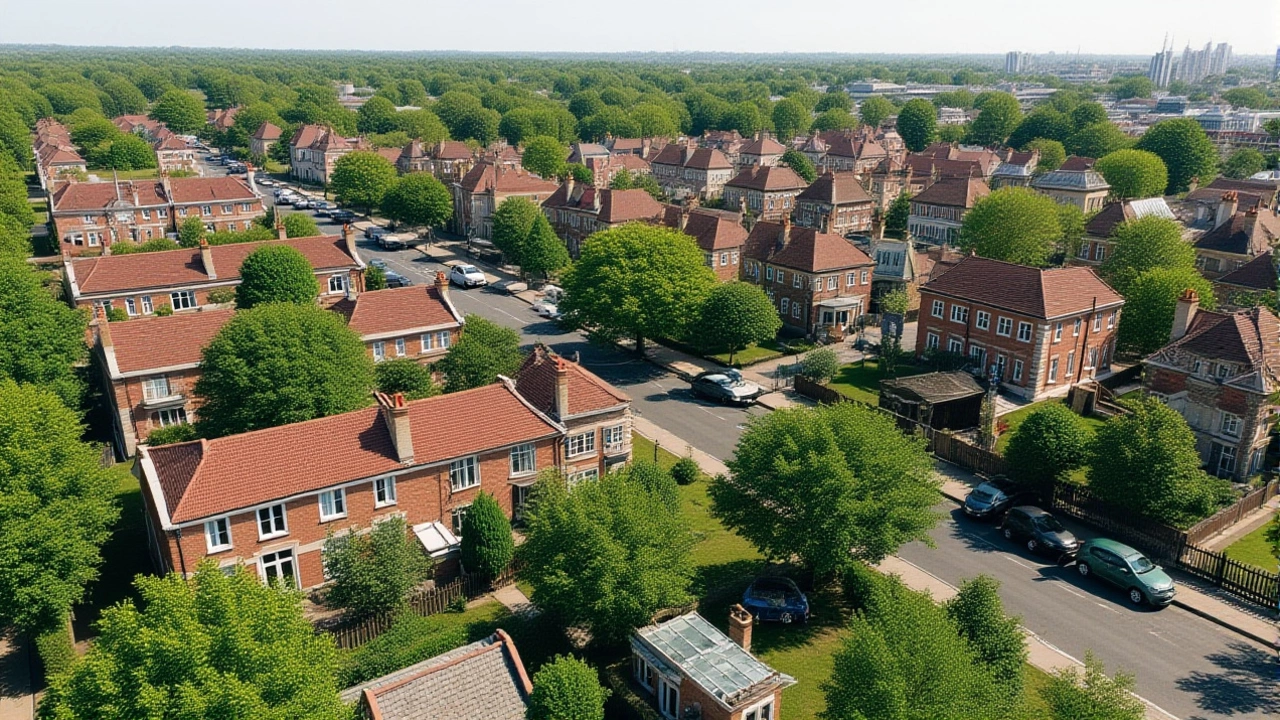Politics
When we talk about Politics, the practice of making collective decisions about power, law and public resources. Also known as governance, it drives everything from election campaigns to tax changes. Politics isn’t a standalone activity; it encompasses policy debates, legislative actions and public opinion. One of the most visible actors in UK politics today is the Conservative Party, a centre‑right political group that has led the government for most of the past decade. The party often proposes tax reforms, regulatory shifts and budget plans that ripple through the economy. Another key thread woven through political discussions is stamp duty, a property‑transfer tax that homeowners pay when they buy a house. That tax directly influences the housing market, the network of buyers, sellers and lenders that determines house prices and availability. Understanding these connections helps you see why a single policy proposal can spark nationwide debate.
How Tax Policy Shapes the Property Landscape
Stamp duty is more than a line on a receipt; it affects buyer behaviour, lender risk assessments and even local council budgets that rely on the revenue. When the tax rate climbs, first‑time buyers often delay purchases, pushing demand toward lower‑priced segments and cooling price growth. Conversely, cutting or abolishing stamp duty can flood the market with activity, as seen in past “stamp duty holidays” that temporarily boosted sales. This tax also ties into the broader concept of property tax, ongoing taxes on land and structures that fund public services. While stamp duty is a one‑off charge, property tax represents a recurring cost that shapes long‑term affordability. Both taxes sit at the intersection of fiscal policy and housing supply, making them prime targets for political debate and reform.
Recent headlines illustrate the link between politics and property taxes. Conservative leader Kemi Badenoch, the UK’s Minister for Business and Trade has called for the end of stamp duty, arguing it would unlock around 2.5 million homes for new owners. Her proposal sparked a fierce discussion: supporters say it could revive stalled markets, while critics warn of a potential £15 bn loss in government revenue. This debate captures a classic political dynamic – the push‑pull between stimulating economic activity and maintaining fiscal stability. It also shows how a single policy idea can ripple through multiple sectors, from local councils needing funding to families planning their first purchase.
Below you’ll find a curated set of articles that dive deeper into these issues. Whether you’re tracking the latest Conservative Party statements, analyzing the impact of stamp duty changes, or looking for data on the housing market’s response, the collection offers a mix of news, analysis and expert commentary. Browse the posts to see how politics shapes everyday financial decisions and how the ongoing conversation could affect your next move in the property market.
UK CPI Stays at 3.8% as Food Prices Drop, Triggering Pension and Rail Hikes
- Daxton Whitmore
- |
- |
- 0
UK CPI held at 3.8% in September 2025 as food prices fell, prompting a 4.8% state pension rise and rail fare hikes for millions.
View moreConservative Leader Kemi Badenoch Calls for End of Stamp Duty
- Daxton Whitmore
- |
- |
- 0
Conservative leader Kemi Badenoch proposes scrapping stamp duty, a move that could free 2.5 million homeowners but risk a £15 bn revenue loss, sparking fierce political debate.
View more
